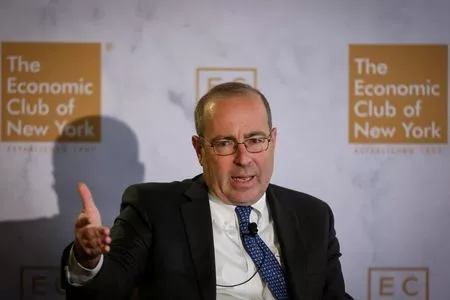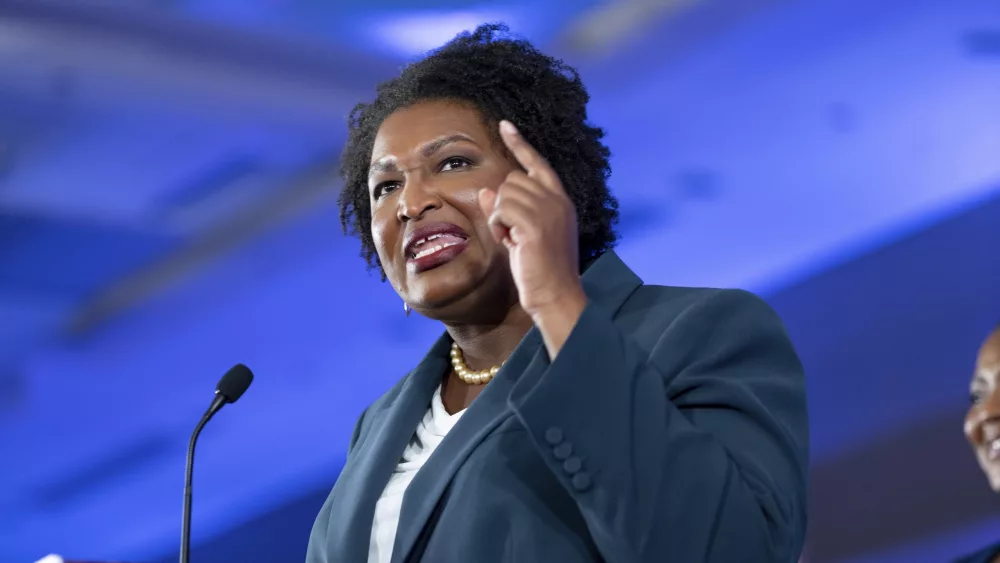An energy company at the center of a $60 million bribery scheme in Ohio has been ordered by the U.S. Securities and Exchange Commission to pay a $100 million civil penalty for misleading investors about its role in the scandal.
Akron-based FirstEnergy Corp. violated antifraud provisions by misrepresenting its role in the political corruption scheme and failing to disclose related payments, according to the SEC.
It said in a cease and desist order that the utility’s former CEO made a “series of misrepresentations to investors” in a news release and later during a July 2020 earnings conference call.
The action comes a month after FirstEnergy agreed to pay $20 million to avoid criminal charges as part of a deal with state prosecutors.
The bribery scheme, which has already resulted in a lengthy prison sentence for a former Ohio House speaker, centered on FirstEnergy’s efforts to convince state lawmakers to pass a $1 billion bailout of two of its affiliated nuclear plants and defend the bill from a repeal effort.
FirstEnergy President and CEO Brian Tierney said the company is pleased it was able to reach a settlement with the SEC, which said the company has to pay the penalty within 14 days or face interest charges.
Two former FirstEnergy executives were indicted in April as part of the long-running investigation: CEO Chuck Jones and Senior Vice President Michael Dowling, both of whom were fired in October 2020 for violating company policies and code of conduct. They have denied wrongdoing.
Another man who was charged alongside them, Sam Randazzo, former chair of the Public Utilities Commission of Ohio, pleaded not guilty in federal and state courts before dying by suicide at age 74 in April.
Former House Speaker Larry Householder was sentenced in June 2023 to 20 years for his role in orchestrating the scheme, and lobbyist Matt Borges, a former chair of the Ohio Republican Party, was sentenced to five years.
Federal prosecutors say those involved in the scheme used the $60 million in secretly funded FirstEnergy cash to get Householder’s chosen Republican candidates elected to the House in 2018 and to help him win the speakership the following January. The money was then used to win passage of the tainted energy bill and to conduct what authorities have said was a dirty-tricks campaign to prevent a repeal referendum from reaching the ballot.
FirstEnergy admitted to its role in the bribery scheme as part of a July 2021 deferred prosecution agreement with the U.S. Department of Justice. The company then agreed to pay $230 million in penalties and to implement a long list of reforms within three years in order to avoid being criminally prosecuted on a federal conspiracy charge.
Brought to you by www.srnnews.com








